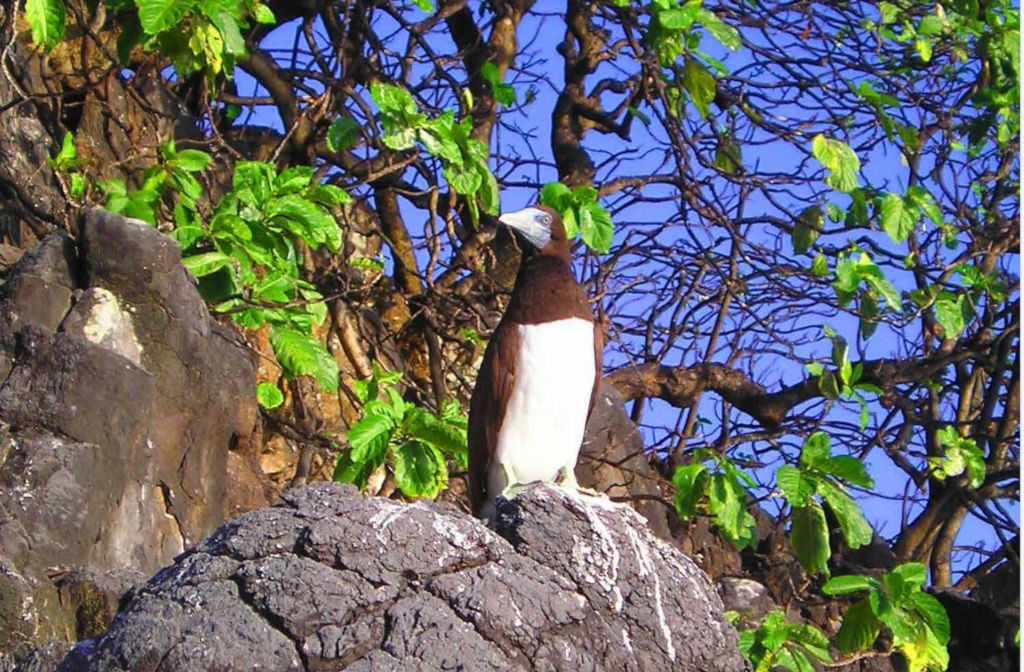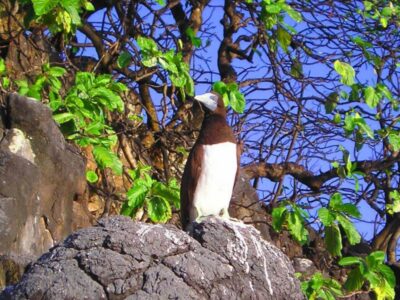The Fisheries Act 1942 is the primary piece of legislation governing the use of marine resources with management functions vested in the Ministry of Fisheries.
The provisions of the Act cover the establishment and management of marine protected areas, and recognise the customary rights of ‘iTaukei’
to fish in qoliqoli areas as stipulated in Section 13. Specifically, Section 9 states :
“The Minister may make regulations: (a) prohibiting any practices or methods, or employment of equipment or devices or materials, which are likely to be injurious to the maintenance and development of a stock of fish; (b) prescribing areas and seasons within which the taking of fish is prohibited or restricted, either entirely or with reference to a named species; (g) regulating any other matter relating to the conservation, protection and maintenance of a stock of fish which may be deemed requisite.”
The Environmental Management Act 2005 sets out the laws relating to the protection of natural resources, and provides the framework for national coordination and planning in relation to environmental matters, and grants
broad new powers to government agencies to control environmentally harmful activities.
The Act plays an important role in the fulfilment of Fiji’s international commitments under the Convention on Biological Diversity, and promotes the objectives of key national strategies and policies, including the National Environment Management Strategy (NEMS) and Fiji National Biodiversity Strategy and Action Plan (NBSAP).
The NBSAP was drafted in 1999, reviewed in 2003 and 2006, and published in 2007. The NBSAP has recently been updated by the Ministry of Environment 2 .
The goal of the NBSAP is “to conserve and sustainably use Fiji’s terrestrial, freshwater and marine biodiversity, and to maintain the ecological
processes and systems which are the foundation of national and local development.”
Furthermore, the strategy states that “the establishment of a comprehensive and representative system of reserves and conservation areas at the national and local levels is critical to successful biodiversity conservation.”
The NBSAP recognises that control of local resources by traditional resource owners and users is critical to the success of biodiversity conservation and a key principle for the NBSAP stating “based on the
premise that most natural resources in Fiji are owned and used by indigenous and local communities.
Biodiversity conservation in Fiji is greatly dependent on the manner in which landowners and local user communities choose to manage their landholdings ownership and fishing rights.”
The Principle calls on national partners and stakeholders to actively recognise, respect and support:
- Community property rights including traditional rights over natural resources, indigenous intellectual property rights relating to natural resources and cultural knowledge;
- Community decision-making structures and practices, while ensuring gender inclusivity in decision-making;
- Active participation and ownership of resource owners of conservation and resource management;
- Initiatives will ensure long term sustainability and success of biodiversity conservation;
- Biodiversity conservation initiatives should be implemented in a way that local communities – men and women and youth are actively involved in their planning, implementation, monitoring and evaluation; and
- That although communal land ownership has played, and continues to play a positive role in biodiversity conservation, the increasing commercialisation of natural resource use is threatening this system and constitutes a major challenge to biodiversity conservation.
Protected Area Strategy 3.4 in the NBSAP specifically states the need to “ensure meaningful participation and provide equitable incentives and remuneration to resource owners for protected area establishment
and management.”


